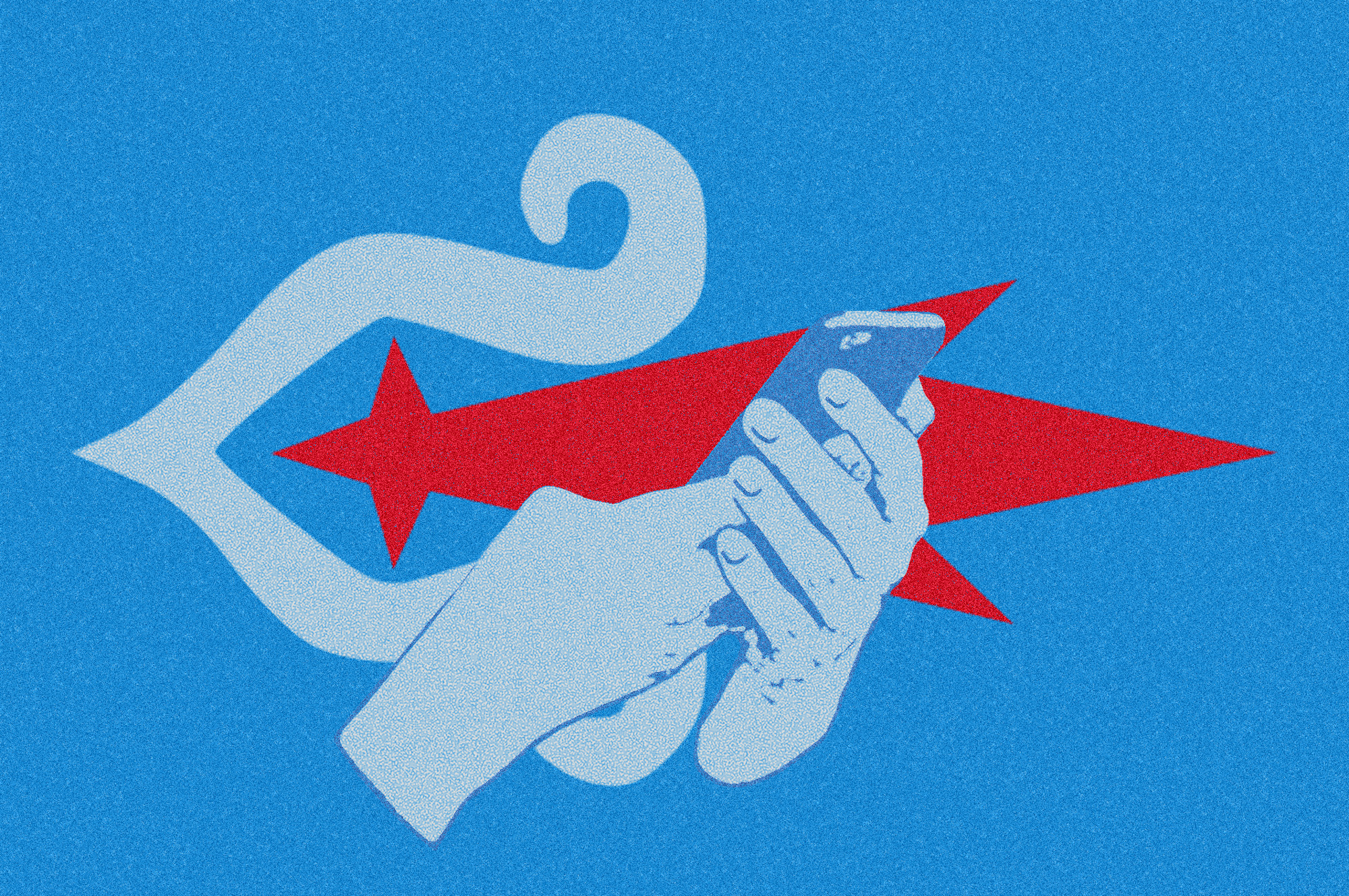Issue:
October 2024 | Letter from Hokkaido
Discrimination against Japan’s Ainu population is moving online

A survey released last month by the Hokkaido prefectural government has again put the spotlight on discrimination toward the island’s indigenous Ainu population. The survey, conducted last year, showed that nearly a third of Ainu people had experienced discrimination in various forms, while 31% said they had been targeted on social media.
More than 11,000 Ainu residents in 60 cities, towns, and villages in Hokkaido were interviewed in the biggest survey of its kind since 2017. While 42.8% said they had not been discriminated against, 29% said that they had. The remaining 28.2% were unsure or did not reply.
Asked where the discrimination had occurred, 31.6% said on social media, 16.7% at school, and 15.8% in the workplace. Another 10.5% said they’d been discriminated against when seeking employment.
The good news was that compared to the 2017 survey, there were across-the-board declines in reports of discrimination in schools and the workplace, by government administrators, or when marrying a wajin (ethnic Japanese). The bad news is that social media harassment, which was not measured in 2017, appears to have become the primary means of discrimination.
It was unclear to what extent the discriminatory comments on social media last year were related to remarks made by rightwing Liberal Democratic Party lawmaker Mio Sugita, who caused outrage after posting a YouTube video September 2023 in which she said people involved in promoting Ainu culture were misusing government funds.
That same month, the Sapporo Legal Affairs bureau ruled that Sugita had made discriminatory comments against the Ainu in 2016. She was sacked as a parliamentary minister over the comments but has refused to apologize.
The Ainu respondents offered different explanations for why they believed they had been targeted, ranging from racial discrimination and hatred to ignorance of Ainu history and culture, and a lack of understanding about how Ainu are discriminated against economically.
The comments angered Hokkaido’s governor, Naomichi Suzuki, who is supported by the LDP but is no fan of Sugita and her rightwing followers on social media. “It has become clear that there is unjustified discrimination, prejudice, and slander against the Ainu people,” he said. “There is still not enough interest in, or correct understanding of, the Ainu people in Japan.”
The national government is due to review the Ainu Policy Promotion Act, which went into effect in 2019. It has made a difference here in Hokkaido. There is far more information about Ainu culture and an increased level of interest among residents, especially newly arrived Japanese and foreign residents. But as the survey shows, there are still problems.
One test of the government’s sincerity and commitment to battling discrimination against the Ainu will come at the Osaka World Expo, which opens in April 2025.
A Japan Pavilion is planned for the Expo, but the event’s website is long on PR blather, while there is no mention on the English-language site of how Ainu culture (or, for that matter, Ryukyu culture) will be presented. It appears that no Ainu experts or representatives are on the pavilion’s creative team. Nobody I’ve spoken to so far in Hokkaido who is connected to the Ainu community seems to know what, if anything, is in the works for Ainu representation in Osaka.
World Expo events once presented indigenous peoples as exotic but uncivilized tribes, capable of beautiful if “primitive” works of art and architecture that were displayed in whatever European or American city had been selected as host. Thankfully, the kind of blatantly racist displays of indigenous peoples that were once common at Expos are now as extinct as the Japanese wolf.
But as the Hokkaido survey showed, a major cause of Ainu discrimination is ignorance of who they really are and how their history intertwines with that of the rest of the country. Too many Japanese (and some foreign friends of mine) see the “Ainu problem” mainly as an one for Hokkaido rather than a national, or even international, human rights issue. The same goes for attitudes toward people in Okinawa prefecture. The phrase “we Japanese” all too often refers to people living on the four main islands.
The Osaka Expo would have been - and perhaps still can be – an opportunity to address the national ignorance of Japan’s indigenous people. It might even convince the 28 million expected visitors to ask sharp questions of their elected representatives about how the education ministry might improve Ainu education in public schools, and how the national government can not only promote Ainu culture, but also punish those guilty of discrimination.
Eric Johnston is the Senior National Correspondent for the Japan Times. Views expressed within are his own and do not necessarily reflect those of the Japan Times.

